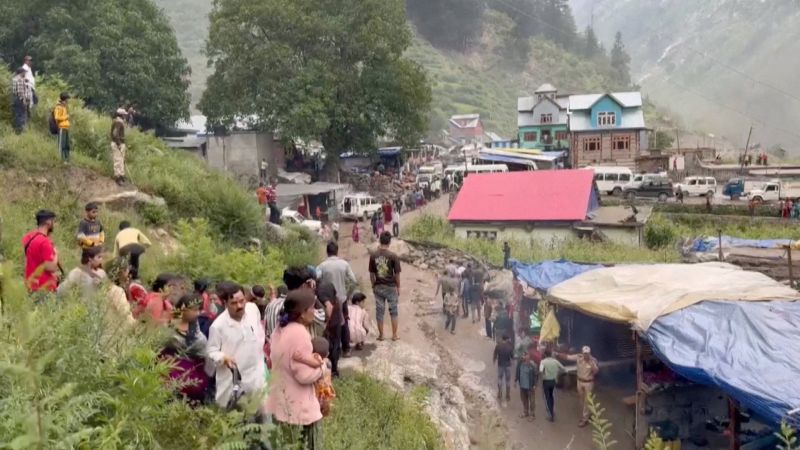Israelis Rally in Mass Strike: Demanding Ceasefire and Hostage Release Amid Gaza Occupation Concerns

Thousands of Israelis have taken to the streets in a nationwide strike, escalating pressure on the government to secure a ceasefire and the immediate release of hostages held by Hamas. The demonstration, largely organized by families of the hostages, is a powerful display of public discontent as discussions surrounding a potential Israeli occupation of Gaza intensify.
The strike action represents a significant escalation in the protest movement, with participants from various sectors including education, technology, and healthcare, halting work to voice their demands. Organizers have declared this strike as merely the beginning of sustained action, warning that the pressure will continue until their demands are met.
Families at the Forefront: A Desperate Plea
The driving force behind the strike is the anguish and desperation of families whose loved ones remain captive. They argue that the potential for a prolonged and costly occupation of Gaza will only further complicate hostage negotiations and endanger the lives of those being held. Their message is clear: securing the release of hostages must be the top priority.
“We are here today to send a message to the government: bring our loved ones home. A military operation in Gaza will not achieve that. It will only create more obstacles,” stated a spokesperson for the hostage families during a rally in Tel Aviv.
Concerns Over Gaza Occupation
The strike also reflects broader concerns within Israeli society about the long-term implications of a potential occupation of Gaza. Many Israelis fear that such an action would be a costly and protracted endeavor, drawing resources away from other critical needs and potentially leading to a new cycle of violence. The economic and social ramifications are significant, and the potential for a lasting peace remains uncertain.
Experts have warned that an occupation would require a massive deployment of troops and could face fierce resistance from Hamas and other militant groups. Furthermore, it would raise complex legal and ethical questions regarding the treatment of Palestinian civilians.
Political Pressure Mounts
The mass strike has placed significant political pressure on Prime Minister Benjamin Netanyahu and his government. While the government maintains that its actions are aimed at ensuring Israel’s security, the public outcry highlights the growing frustration over the handling of the hostage crisis and the broader conflict.
Opposition leaders have seized on the strike to criticize the government’s policies, calling for a renewed focus on diplomatic efforts and a negotiated resolution to the conflict. The strike's success demonstrates the power of public opinion to influence government decision-making.
Looking Ahead: A Strained Situation
As the strike continues and the possibility of a Gaza occupation looms, the situation in Israel remains deeply strained. The hostage families’ unwavering resolve, coupled with widespread public concerns, underscores the urgency of finding a peaceful solution. The coming days and weeks will be crucial in determining the future course of the conflict and the fate of the hostages.






